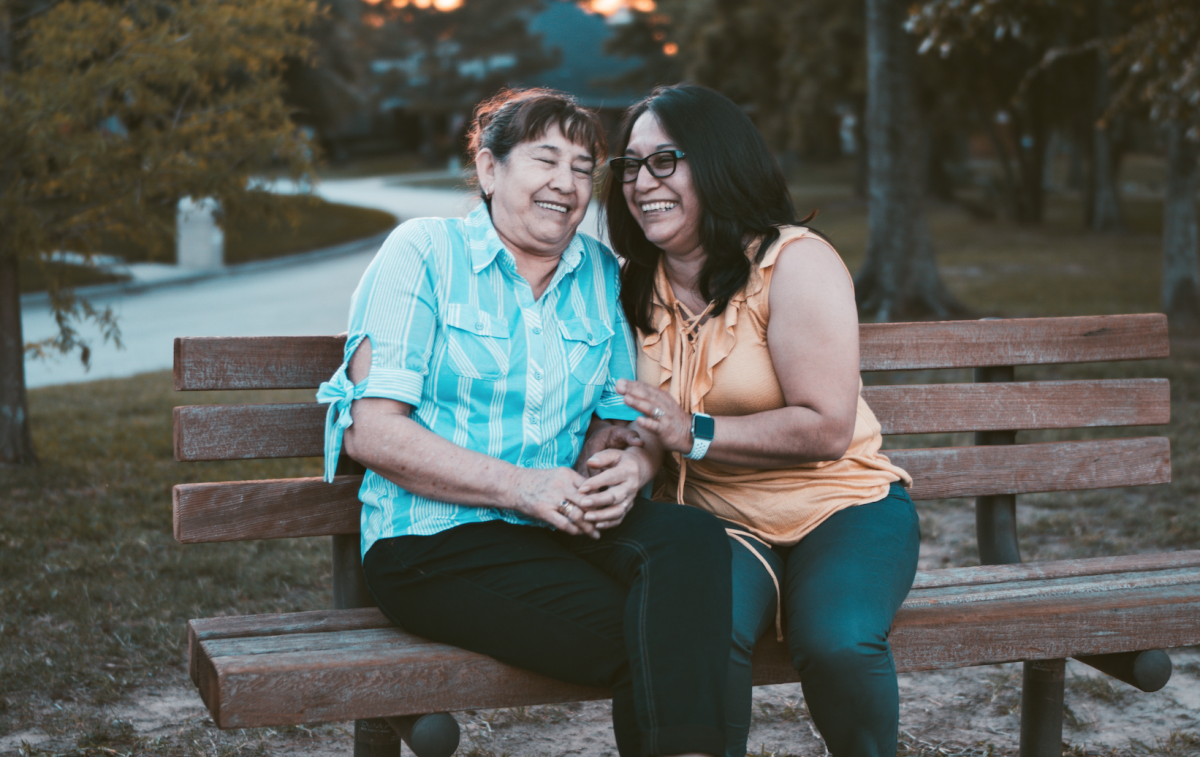It can be hard to know how to help a loved one who is experiencing domestic violence or intimate partner violence. That’s why during domestic violence awareness month this October, RAINN is focusing on sharing information for those who suspect someone in their life might need this support.
“Sometimes you suspect that someone you know could be in an abusive situation,” says Keeli Sorensen, vice president of victim services. “You’ve seen some red flags and you want to signal to that individual that you are there for them if they need you.”

Someone in an abusive relationship may not feel that leaving that situation is an option for them, due to fear of further violence, worries over how this could affect others in their life—such as their children—or grief over the loss of what they feel is an important relationship. They may also believe that the abuse is their fault or hope that the abuser will change.
“If you think someone you know may be experiencing abuse, be there, listen, don’t judge,” says Sorensen. “It can be really challenging to provide the right level of support without unintentionally creating distance between you and the person you’re hoping to support.”
Many survivors feel compelled to explain or excuse an abuser’s behavior because they feel like what is happening to them is their fault. It’s sometimes most helpful to tell them that you’re concerned about them and make sure they know help is available for them when they’re ready.
Sorensen continues, “Try to stay in the life of the person who you suspect is experiencing abuse. Reassure them that they did not deserve to be treated this way, and let them know that if they ever need someone to talk to they can reach out to you and let them know you’re willing to help them find resources or services.”
For more information on how to support a loved one or to talk about something that has happened to you, call the National Sexual Assault Hotline 800.656.HOPE (4673) or chat online at online.rainn.org. It’s free, confidential, and available 24/7. You can also reach out to the National Domestic Violence Hotline at 1-800-799-SAFE (7233) or by chat.
To learn more about recognizing domestic violence of all kinds and supporting survivors, check out these articles: Talking with Survivors, Making a Safety Plan, and National Resources for Sexual Assault Survivors and Their Loved Ones.

Leave a Reply